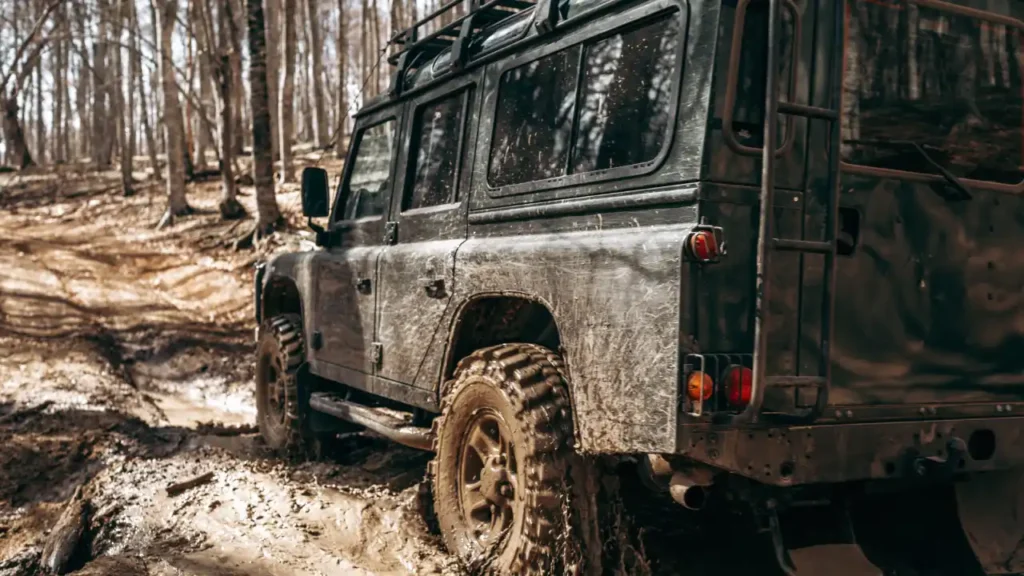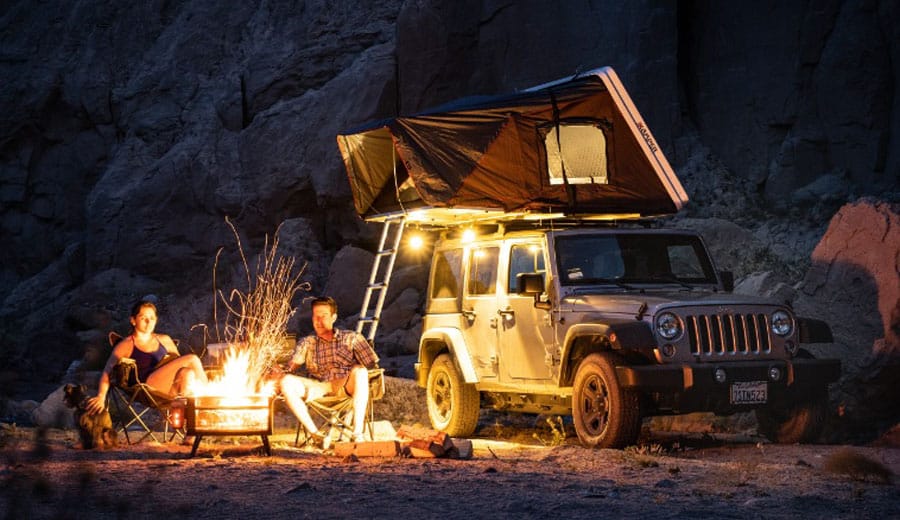
Free monthly entries to ALL giveaways
+1 every month
+5 every month
+10 every month
5%
125
150
350
100
100
50
Cancel membership anytime
Terms apply
apply

Written by
Admin
Published
August 20, 2024
Australia offers a vast playground for off-road enthusiasts, with its rugged landscapes and untamed beauty. Trekking through the outback, scaling dunes in the desert, or navigating tropical rainforest tracks has taught me invaluable lessons. Here, I share my experiences and the wisdom garnered from years of tackling Australia’s challenging terrains.
In the world of off-roading, preparation is not just about comfort; it’s a matter of safety. Stats show that many off-roading mishaps occur due to inadequate preparation. Based on the Royal Flying Doctor Service statistics, vehicle accidents in remote and rural areas are twice as likely to result in serious injury compared to urban areas, underpinning the critical nature of preparedness. Before embarking on any adventure, ensure your vehicle is mechanically sound. Regular maintenance checks should focus on essential components like tyres, brakes, suspension, and fluid levels. According to a 2020 market analysis, there’s been a notable uptrend in the sales of off-road vehicle accessories, underlining the growing focus among adventurers on gearing up properly.
Top-grade gear is a non-negotiable aspect of off-roading. For example, a quality winch can rescue you from a bogged situation, and a reliable GPS can keep you from getting lost in the vast Australian bush. Historical data trend analysis has shown a consistent rise in the use of electronic navigation aids among off-road enthusiasts. Today, over 70% of outback adventurers rely on some form of GPS system.
As I traverse the diverse ecosystems of this great land, I’ve learned the importance of minimizing my footprint. Sustainable off-roading is about respecting wildlife, maintaining track integrity, and adhering to the ‘leave no trace’ principle. It involves sticking to designated tracks, avoiding sensitive areas and ensuring that you carry out what you carry in. This attitude toward conservation is not just ethical but also ensures that these lands remain pristine for future generations of adventurers and wildlife alike.
A historical look at off-roading impacts reveals a positive shift. In the early 2000s, reports of environmental damage from off-road vehicles were common. However, recent studies have indicated improvements, with a Department of Environment survey showing a 40% decrease in off-roading related environmental infractions since the implementation of stricter regulations and increased public awareness.
Finally, the off-road community has been an invaluable resource. In this digital age, online forums and social media groups are bursting with collective knowledge. Data trends have shown that membership in Australian off-road communities has skyrocketed by over 50% in the past decade, demonstrating the burgeoning interest and collaborative spirit in this hobby.
Being part of this community means access to shared routeways, advice on vehicle modifications, and real-time updates on track conditions. The historical exchange of this information has undeniably benefited newcomers and veterans alike, reducing the learning curve and fostering a safer, more enjoyable experience for all.
In conclusion, off-roading down under is as exciting as it is daunting. The lessons I’ve learned have not only enhanced my experiences but have instilled in me a profound appreciation for the rugged Australian terrain. For every adventurer eager to take their 4×4 beyond the tarmac, remember that preparation, sustainability, and community are the cornerstones of a truly fulfilling off-road journey.